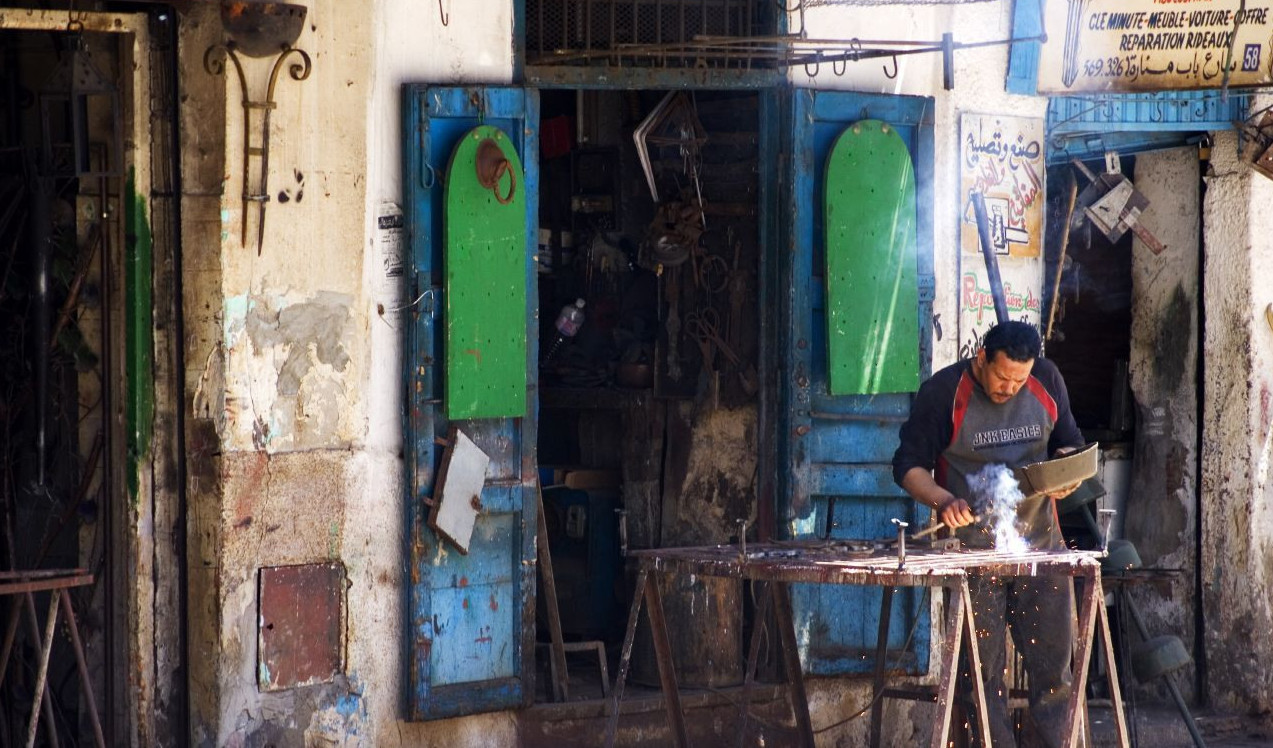Remember that YouTube video, the anti-Islam film trailer that sparked riots in countries with large Muslim populations across the world? The 14-minute clip that caused hundreds of casualties in mob demonstrations because it insulted Muhammad, the Prophet of Islam? I’m sure you do – but no thanks to the Western media.
The riot outside the American consulate in Benghazi, Libya that started the wave of protests happened only a month ago, and yet the protests and their aftermath have effectively disappeared from Western news. The question is, why? These protests are certainly not old news; rather, they are the most recent manifestation of the tradition of intolerance between the United States and the Middle East, and thus deserve more attention (and of a different kind) than they have received.
One week after the riots started, economist and journalist Thomas Friedman wrote an op-ed for the New York Times criticizing protestors across the Middle East and North Africa for rioting over the insult to Islam and for demanding an apology for the film from President Obama. Friedman claimed it was hypocritical of the protestors to demand respect for their religion that their own societies do not accord to others, and listed examples of hatred-filled articles and videos about other religions from mainstream Muslim media. In making this argument, Friedman is doing exactly what everyone else has been doing in analyzing the riots: over-generalizing about Islam and Muslim societies. If we, as Americans and as people, actually want to understand the situation in these countries, we need to facilitate mutual cultural understanding.
Misconceptions about Islam are one of the most problematic issues between the U.S. and the Middle East. Even without discussing the popular rhetoric that equivocates Muslims with Islamists or terrorists, many Americans characterize Islam as the only religion that would inspire violence under such circumstances (i.e. the vilification of a major religious figure). But to the Onion cartoonist who drew the picture of an orgy between Moses, Buddha, Jesus and Ganesha and captioned it “No One Murdered Because Of This Image,” (and to those whose real sentiments his satire reflected) I have this to say: religions are not commutable. Muhammad and Christ play an important role in the Muslim and Christian faiths respectively, but they have different meanings. As put aptly in a recent Daily Beast article, “to denigrate the Prophet of Islam is to denigrate everything [Muslims] represent and believe in. It is the ultimate insult.” Though the violence that accompanied the reaction was deplorable, the reaction itself is more understandable if one comprehends the distinctive aspects of Islam relative to other religions.
Of course, with generalizing about Islam comes generalizing about Muslim-majority societies. In Friedman’s op-ed, he judges such societies through the same lens as those not governed by Islamic structures. Many countries in which riots are taking place are regulated by some semblance of Islamic law, with regimes that defend the name of the Prophet through strict (and often brutal) methods. Friedman writes as a citizen of a state that is separate from religion, expecting Muslims to act according to his own cultural values, rather than those of their homelands. Though I reiterate my point that violence is not an acceptable response to this issue, I think a structural explanation helps explain why the riots happened at all. Friedman’s attempt to turn a metaphorical mirror on Muslimsocieties does not work because of his fundamental failure to look at them himself through a magnifying glass.
And today, where is the discussion of the riots in the New York Times, or on CNN? One could argue that since the protests appear to have stopped, there is nothing to cover. But that’s just it. The stopping of the riots is what needs to be covered – the government efforts to counter violence, the restoration of relative peace, the continued efforts to establish democratic institutions. Admittedly, this is rather an optimistic narrative to tell. But good things really are happening in this region, and maybe an optimistic narrative in Western media for a change (rather than the doom-and-gloom norm) could have a positive effect – if not on the actual dynamics in the region, then on American perceptions of it. To simplify the situation, what we have is a vicious circle: Western media reports selectively on protests and attacks in the Middle East, Americans read about them and internalize the concept of the region as fundamentally dangerous and different, historical distrust is perpetuated, and there continues to be terrorist attacks on American embassies and consulates. This is not, of course, to assume that all the problems in the region are caused by the U.S. – but anti-American sentiment (and conversely, anti-Arab/Muslim sentiment) plays a large part in the conflicts in the Middle East today, and it’s time we did something constructive to remedy them.
